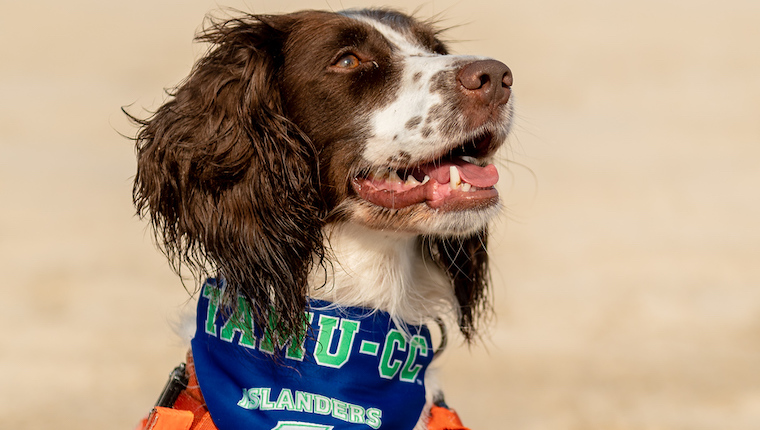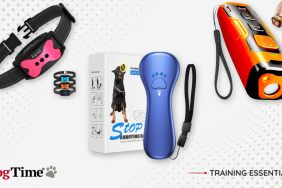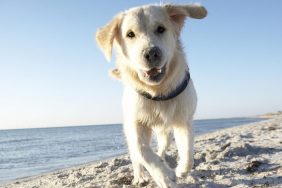Researchers at Texas A&M University-Corpus Christi employed two pups to sniff out crude oil on Texas beaches.
Poppy, an English Springer Spaniel, and Bin, a German Shorthaired Pointer, use their snouts to perform a valuable job. Researchers hope this study eventually provides Texas with a novel tool to conduct oil surveys on beaches. They also want to grow the number of oil detection canine teams throughout the State.
Big Jobs for Good Dogs
As part of the new Oil Detection Canine study, researchers train Bin to differentiate between naturally occurring weathered oil and fresher crude oils up to three feet below the sand. They train Poppy, the control canine, to detect any occurrence of oil.
The dogs wear a “working dog’ vest,” anti-sand goggles to protect the eyes from high wind situations, and paw pads to protect against hot sand. Baxter told the Alice Echo News Journal, “If the conditions are not fit for a person to work in, they are not fit for the dogs either.”
“Canines are extremely precise and can detect very small quantities of oil in austere conditions,” said Aaron Baxter, CCS Research Specialist II and the principal investigator for the study. Baxter adds that canines cover large areas quickly and locate surface and buried oils better than any machine or human. “A canine can process a one acre area in three minutes while a team of humans must dig pits every 10 meters to determine if there’s any oil,” he continued.
Plans to Certify More Dogs
According to Baxter, the four-week training process is time-intensive, but much of it can be completed virtually. The field training portion requires time on the beach with a professional trainer to earn certification. CCS plans to train members of the public as citizen scientist volunteers. These individuals would also act as “forever homes” to the dogs.
If the study is successful, the handler/dog team, once certified, can also assist in oil spills all over the world.









